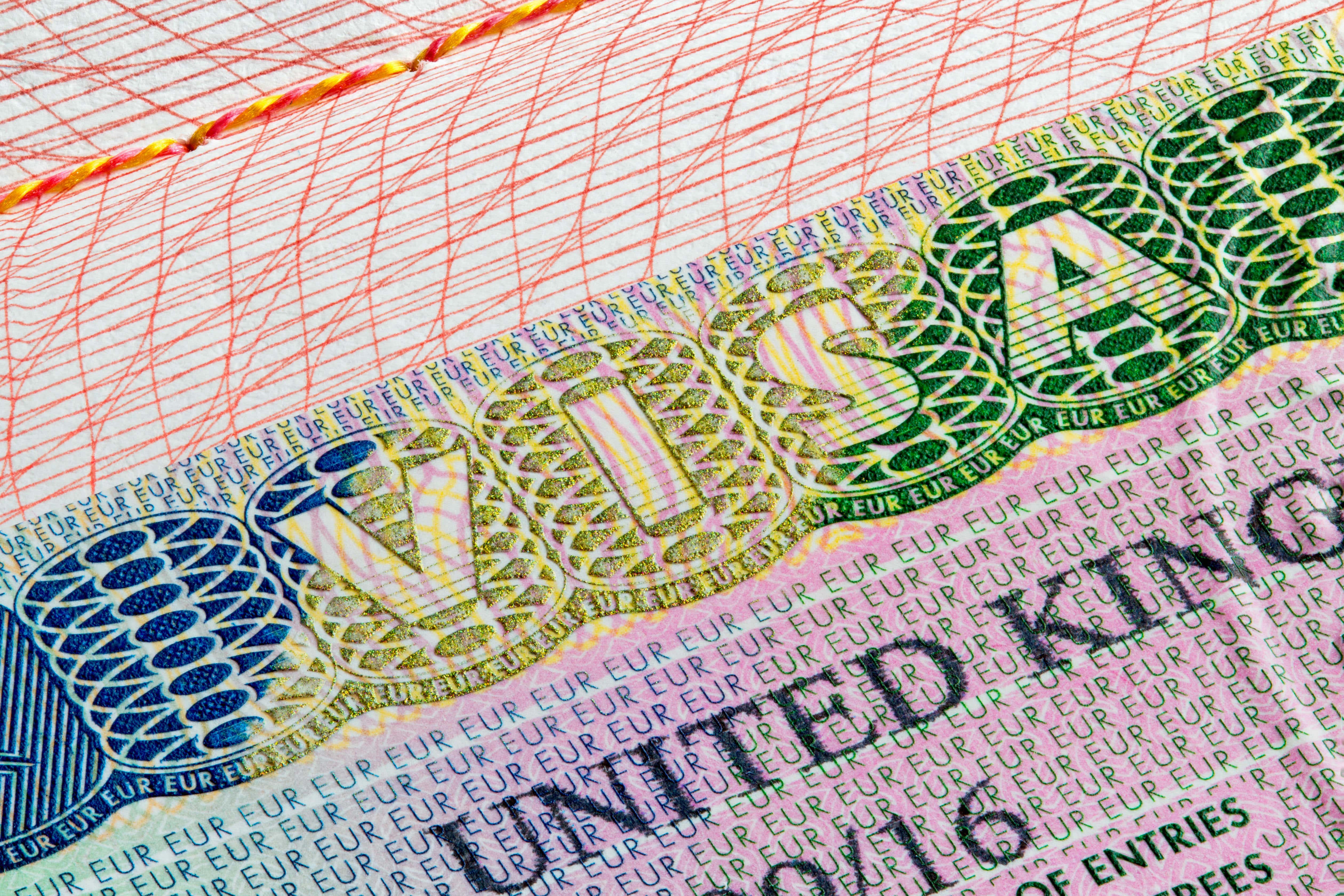Families will feel forced to make horrible decisions, charity worker says
Changes are due to come into effect in spring, and will apply when existing visas for foreign spouses come up for renewal.

Your support helps us to tell the story
From reproductive rights to climate change to Big Tech, The Independent is on the ground when the story is developing. Whether it's investigating the financials of Elon Musk's pro-Trump PAC or producing our latest documentary, 'The A Word', which shines a light on the American women fighting for reproductive rights, we know how important it is to parse out the facts from the messaging.
At such a critical moment in US history, we need reporters on the ground. Your donation allows us to keep sending journalists to speak to both sides of the story.
The Independent is trusted by Americans across the entire political spectrum. And unlike many other quality news outlets, we choose not to lock Americans out of our reporting and analysis with paywalls. We believe quality journalism should be available to everyone, paid for by those who can afford it.
Your support makes all the difference.A British charity worker said her Turkish husband feels unwelcome in the UK amid changes to migration policy aimed at bringing down the number of people coming to the UK.
Josephine Whitaker-Yilmaz said the latest announcement is another obstacle in a “relentless battle” people face with the Home Office when trying to come to the UK legally to live and work.
The policy and public affairs manager at migrant rights organisation Praxis said she felt “physically sick” on hearing Home Secretary James Cleverly announce the new higher salary threshold in Parliament this week.
UK citizens must be earning at least £38,700 to sponsor foreign family members wanting a visa under the new rules.
Mrs Whitaker-Yilmaz, 37, tweeted: “I feel physically sick. My right to live with my husband – my *children’s* right to live with their *dad* – is contingent on me earning £38,700. This is an increase of £20,000. Overnight.”
Downing Street has since confirmed the minimum income of £38,700 was for a “household as a whole”.
The changes are due to come into effect in spring, and will apply when existing visas for foreign spouses come up for renewal.
Mrs Whitaker-Yilmaz’s husband, Medet, works as a delivery driver and has a spouse visa.
The couple moved to the UK with their children from Turkey in 2021.
It just feels like a relentless battle to overcome obstacle after obstacle that the Home Office is laying in our (migrants') path
Asked how he feels about the news, she told the PA news agency: “Really insecure and like he’s not welcome.”
With visa fees having been raised already and the annual immigration surcharge being hiked from £624 to £1,035, Mrs Whitaker-Yilmaz said it is the latest difficult change migrants have to face.
She added: “It just feels like a relentless battle to overcome obstacle after obstacle that the Home Office is laying in our (migrants’) path.”
She said Praxis will be on hand to help those already living in the UK to navigate the new rules, adding that she is concerned for families who feel “forced to make horrible decisions” due to the changes.
She said: “The assumption is often that if people don’t like the changes or if they can’t meet the new requirements they will just leave, but for someone like my husband, whose immediate family are here, whose children’s lives are here, it’s not that simple. They can’t just ‘go home’.”
While she said she hopes her own situation will meet the new demands, she acknowledged that “circumstances can change” for people regarding jobs and income.
The Prime Minister’s spokesman said on Tuesday: “The family immigration rules contain a provision for exceptional circumstances where there would be unjustifiably harsh consequences for the applicant, their partner, a relevant child or another family member if their application were to be refused.”
No examples of such circumstances were given, and the spokesman said applications would be considered on a “case-by-case basis”.